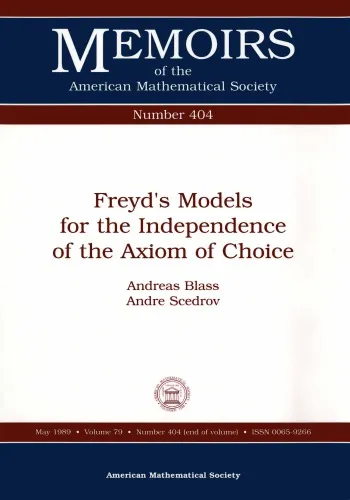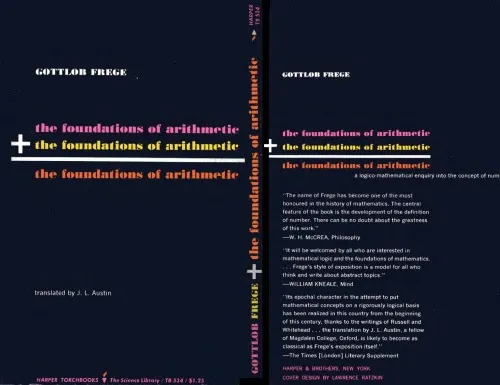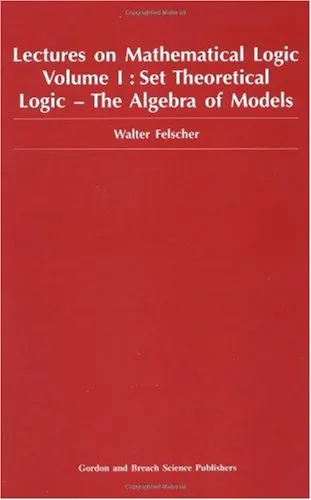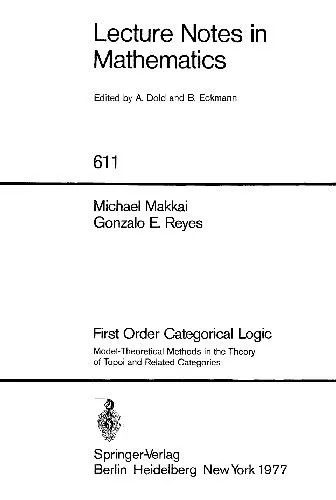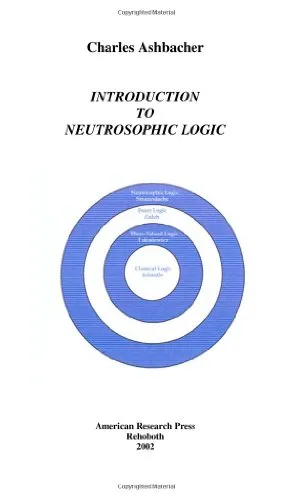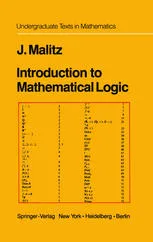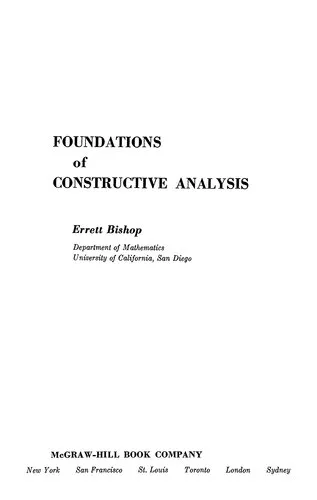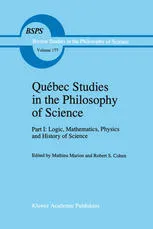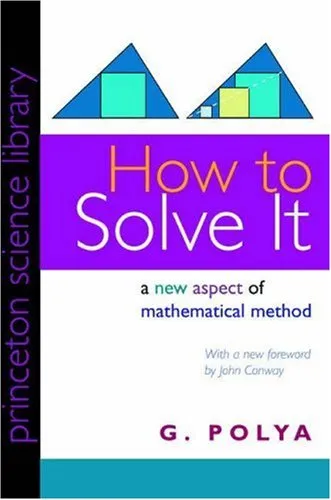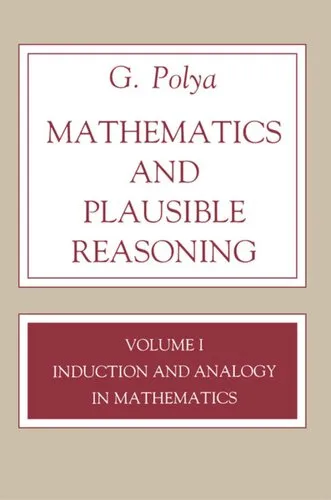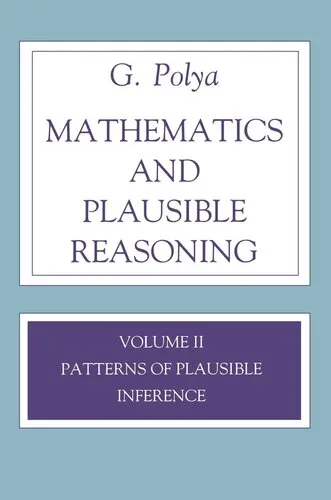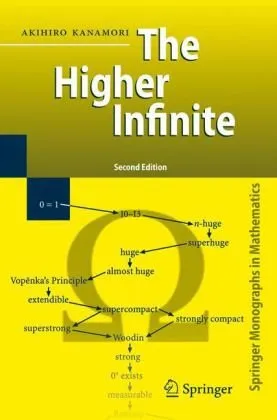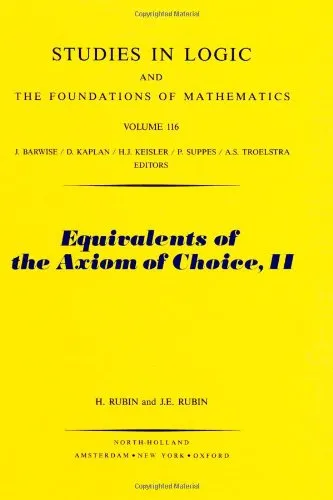Freyds Models for the Independence of the Axiom of Choice
4.8
Reviews from our users

You Can Ask your questions from this book's AI after Login
Each download or ask from book AI costs 2 points. To earn more free points, please visit the Points Guide Page and complete some valuable actions.Related Refrences:
Introduction
Freyd's Models for the Independence of the Axiom of Choice is a cornerstone work in the realm of set theory and mathematical logic, delving into the profound and nuanced question of the role that the Axiom of Choice plays within mathematics. This book explores the conceptual and technical foundation provided by Peter Freyd's models, which demonstrate the independence of the Axiom of Choice from other axiomatic frameworks. Written with a balance of rigor and clarity, this text aims to serve both the seasoned mathematician and the logically curious reader who seeks to understand one of the deepest results in modern mathematics.
In mathematics, the Axiom of Choice (AC) has long been the subject of fascination and controversy. It asserts that given a collection of nonempty sets, it is always possible to choose exactly one element from each set, even if the process of selection cannot be explicitly described. While the axiom proves indispensable in numerous mathematical constructions, it also leads to counterintuitive consequences. To address the complexity of this axiom, Peter Freyd's groundbreaking models stand as illuminating counterexamples that reveal its independence from the other standard axioms of set theory. This book provides an in-depth exploration of these models and their implications.
Detailed Summary of the Book
The book begins by introducing the context and significance of the Axiom of Choice in mathematics. It explains why the existence of models that invalidate the Axiom of Choice was a groundbreaking revelation, prompting mathematicians to rethink some foundational assumptions about the universe of sets. By carefully unpacking Freyd's models, the narrative illustrates how ingenious constructions can isolate AC without contradicting the other axioms of Zermelo-Fraenkel set theory (ZF).
Chapters progress logically through general background material to increasingly sophisticated territory. Readers are first guided through the Zermelo-Fraenkel (ZF) axioms and the role of choice-dependent results like Tychonoff's Theorem, the Banach-Tarski Paradox, and cardinal arithmetic. Then, the text moves toward the core of Freyd's constructions, emphasizing how his innovations, often relying on category theory, produced models where AC fails outright. Importantly, Freyd's models illustrate the elegance with which independence proofs can be achieved using carefully calibrated assumptions.
The book also ventures into the consequences of these independence results for different areas of mathematics. By explicitly constructing counterexamples to AC, Freyd inadvertently laid the groundwork for a deeper understanding of choice-dependent principles in topology, algebra, and analysis. Along the way, the book guides readers with detailed proofs, enlightening commentary, and numerous exercises that reinforce the most critical ideas.
Key Takeaways
- The Axiom of Choice is independent of the rest of the Zermelo-Fraenkel axioms (ZF), meaning neither can it be proved nor refuted from ZF alone.
- Freyd's models creatively blend category theory and set theory to construct counterexamples to AC.
- The independence of AC has far-reaching implications for numerous mathematical disciplines, from topology to measure theory.
- Understanding these techniques expands mathematical intuition about the boundaries of provability and constructibility.
- The book serves as a testament to the power of logical and abstract thinking in mathematical problem-solving.
Famous Quotes from the Book
“The independence of the Axiom of Choice is not just a curiosity of logic; it is a reflection of the richness inherent in mathematical structures.”
“By constructing models that deny the Axiom of Choice, we gain a deeper appreciation for what is possible—and what remains elusive—within the scaffolding of set theory.”
“Freyd's ingenuity lies not merely in showing independence but in demonstrating how fragile the boundaries of mathematical axioms can be.”
Why This Book Matters
This book holds a special place in the study of mathematical logic and set theory for several reasons. First and foremost, it introduces the reader to one of the most elegant and influential independence results in the history of mathematics. By constructing models that disprove the Axiom of Choice without contradicting other axioms, Freyd's work underscores the philosophical depth of mathematical reasoning.
Additionally, Freyd’s Models for the Independence of the Axiom of Choice offers significant pedagogical value. It is both a technical treatise for researchers and a didactic resource for advanced students of logic. The book's captivating exposition ensures that readers not only understand the mathematics but also grasp the greater implications for mathematical philosophy and foundations.
Finally, the book fosters an appreciation for the structural beauty of mathematics. It invites readers to explore the interplay between logical consistency, independence, and the creativity of mathematical constructions. By doing so, it stands as a tribute to both Freyd’s brilliance and the inexhaustible mysteries of mathematics itself.
Free Direct Download
You Can Download this book after Login
Accessing books through legal platforms and public libraries not only supports the rights of authors and publishers but also contributes to the sustainability of reading culture. Before downloading, please take a moment to consider these options.
Find this book on other platforms:
WorldCat helps you find books in libraries worldwide.
See ratings, reviews, and discussions on Goodreads.
Find and buy rare or used books on AbeBooks.
1452
بازدید4.8
امتیاز0
نظر98%
رضایتReviews:
4.8
Based on 0 users review
Questions & Answers
Ask questions about this book or help others by answering
No questions yet. Be the first to ask!
